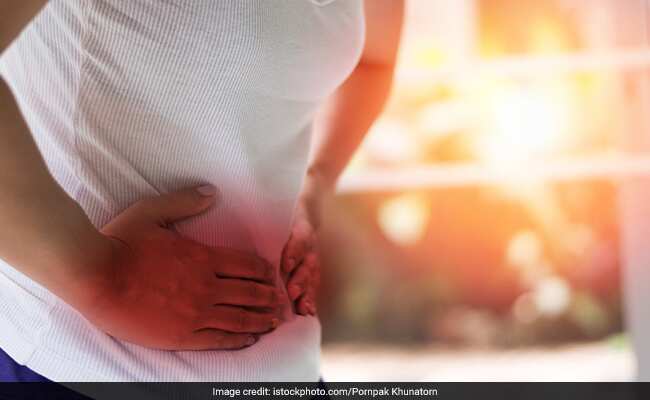Kidney health: Hemodialysis is a process which helps people with kidney failure or chronic kidney disease get rid of toxins from the body. Read here to know diet tips patients with hemodialysis should follow for a successful process.

Too much salt consumption can negatively affect your kidneys
HIGHLIGHTS
- Hemodialysis helps in removing toxins from the body
- Restrict salt consumption to keep your kidneys healthy
- Also, avoid consumption of too much potassium
Hemodialysis is a process in which blood flows through tubes from the body into the dialysis machine for filtration. It cleans the blood and helps your body get rid of the waste and extra fluid. When the blood gets cleaned it flows through the tube from the machine back into the body. This process takes about 3-4 hours. It should be done almost 3 times a week, depending on a few factors like the patient's weight, how well the kidneys work and how much excess of fluid is built up in the body. For healthy and safe hemodialysis, several dietary changes are recommended. Your dietitian and specialist will firmly suggest that you follow the hemodialysis diet, so your dialysis medicines will be compelling, you can feel your best, and help decrease the danger of unexpected problems related to kidney illness and dialysis.
Diet tips for dialysis patients
- While the dietician will review the case and provide a specially customised diet, below are a few main pointers to keep in mind for adults starting hemodialysis.
- During hemodialysis, there is some loss of protein in the body, which needs to be replaced in suggested amounts by a dietitian.
- Include more proteins (fish, poultry, meat, and egg or egg substitute), starchy food (bread, cereal, rice, and noodles), fruits (more of fibre than water-based fruits), and vegetables.
- Limit sodium, potassium, and phosphorus to the amount prescribed by the dietician
- Avoid foods with potassium, sodium and phosphorus.
- contains a high level of potassium that can be considered fatal in some cases
- Since there aren't enough nutrients and minerals in your diet due to the restrictions, hemodialysis likewise eliminates a few nutrients from your body. Vitamins and mineral supplements are advised through prescription.
- You may not get enough nutrients and minerals in your eating regimen since the restrictions in your diet. For wellbeing reasons, consult your dietician before utilising probiotics, dietary enhancements, or some other medication along with or instead of the therapy your dietician recommends.

Hemodialysis patients should include fibre-rich foods to their diet
Photo Credit: iStock
While following all these points, it is important to keep track and be able to tell that the hemodialysis diet is working as per your objective. Your objective weight is the weight your primary care physician assesses at the point when all the additional liquid is eliminated from your body. During the dialysis process, your weight will be evaluated when you start the treatment, to perceive how near you are to your objective weight. Therefore, following your suggested liquid intake will help you from going too high over your objective weight. It's typical for hemodialysis patients to increase the liquid by around 3 percent of their body weight.
Test outcomes are the most ideal approach to perceive how well you're doing on your eating routine. Month to month lab tests is done to enable your medical care to group assess you for iron deficiency, mineral equalization, protein sustenance, and sufficiency of dialysis.
(Dr. Kamlesh N Parikh, MD, DNB (Nephrology), Nephrologist at NephroPlus Shrinath Clinic, Vadodara)
Disclaimer: The opinions expressed within this article are the personal opinions of the author. NDTV is not responsible for the accuracy, completeness, suitability, or validity of any information on this article. All information is provided on an as-is basis. The information, facts or opinions appearing in the article do not reflect the views of NDTV and NDTV does not assume any responsibility or liability for the same.
DoctorNDTV is the one stop site for all your health needs providing the most credible health information, health news and tips with expert advice on healthy living, diet plans, informative videos etc. You can get the most relevant and accurate info you need about health problems like diabetes, cancer, pregnancy, HIV and AIDS, weight loss and many other lifestyle diseases. We have a panel of over 350 experts who help us develop content by giving their valuable inputs and bringing to us the latest in the world of healthcare.














